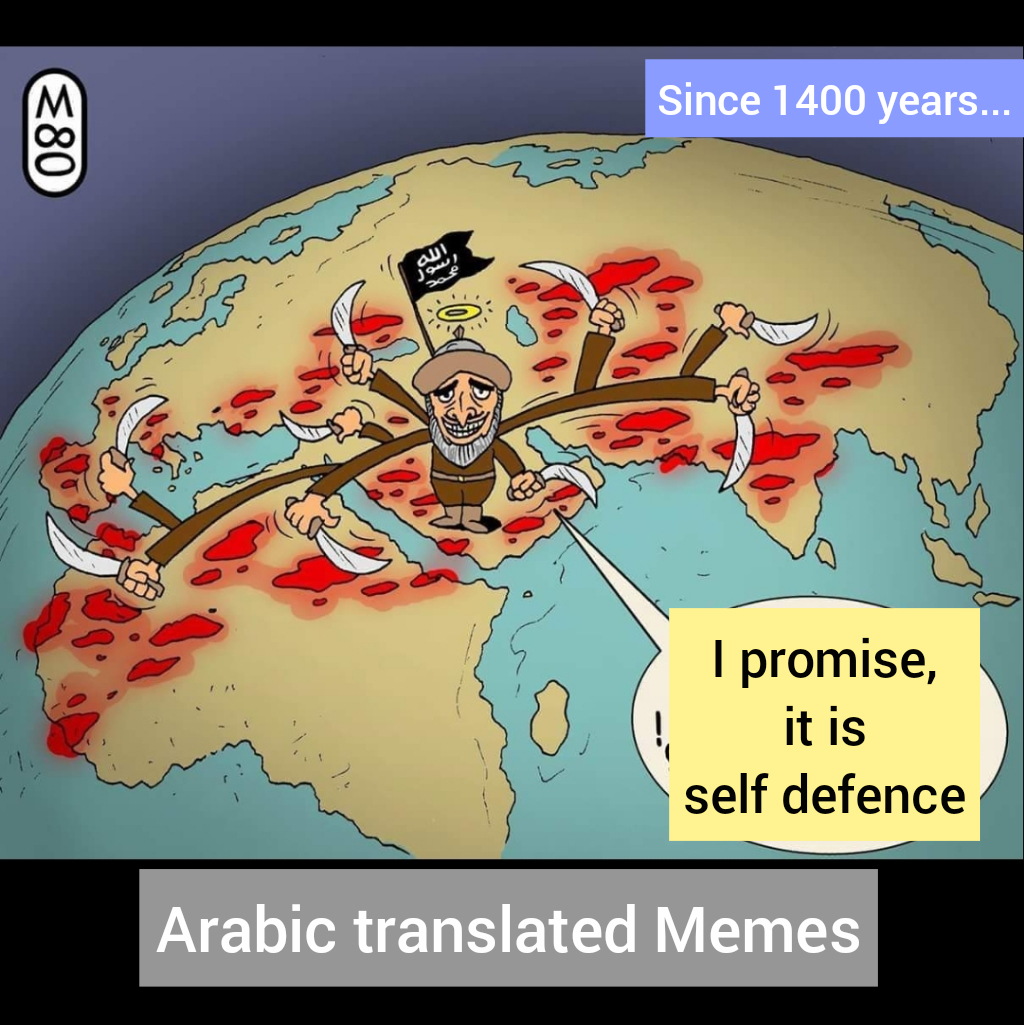rylah
Gold Member
- Jun 10, 2015
- 21,961
- 4,690
- Thread starter
- #21
Arab Imperialism and Modern Anti-Israel Rhetoric: A Tale Of Bloody Hypocrisy
In discussions about the Arab-Israel conflict, anti-Israel rhetoric often frames Israel as a colonial oppressor. However, if we apply this same lens to the history of Arab conquests and the spread of Islam, a stark hypocrisy emerges.
Arab Imperialism
Historically, Arab conquests in the 7th century led to the imposition of Islam and Arab culture across vast regions, including the Levant and vast part of Africa. These conquests involved significant cultural, religious, and political changes imposed on indigenous cultures, fitting the definition of imperialism. This point is underscored by Yasser Arafat’s vision of a unified Arab state from Morocco in Africa to Aden in Arabia, highlighting the goal of exclusive Arab domination over the Middle East.
Double Standards
Anti-Israel campaigns accuse Israel of being a foreign minority, while ignoring the imperialist history of Arab expansion. The same standards applied to Israel would paint an even harsher picture of Arab conquests and their long-lasting impacts on the indigenous nations of the region.
- Why is there a double standard in the way history and current conflicts are framed?
- How do we leverage the hypocrisy in the anti-Israel narrative to engage potential allies, threatened by the same imperialist ideology ruining what has become most of the "Arab world"?

The Impact of Arabization
Arabization isn't just cultural influence—it's cultural erasure. For centuries, Arab imperialism has crushed local identities, languages, and traditions under its weight.
Arabization campaigns have forcibly imposed Arab culture, language, and identity on diverse peoples across North Africa and the Middle East.
- Fact 1: Indigenous languages and traditions have been systematically suppressed, with communities coerced into adopting Arabic customs and language.
- Fact 2: This cultural imperialism has erased countless indigenous histories, leaving a trail of lost identities and heritage.

